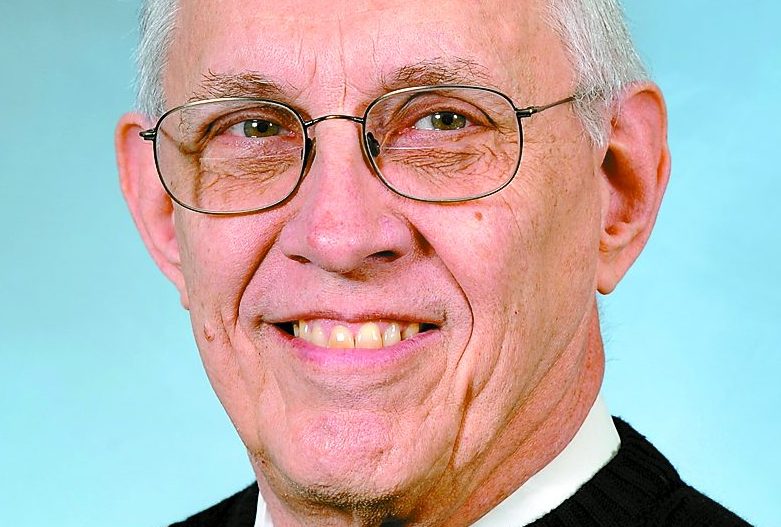Witt: Thoughtful examination of Second Amendment overdue
Published 10:17 am Tuesday, March 27, 2018

- Chuck Witt is a retired architect and a lifelong resident of Winchester.
The Second Amendment. It has been mentioned almost interminably lately, as it always is following each disastrous mass shooting in this country.
There are far too many people who believe modification of that Amendment will signal the rise of a dictatorial government intent on taking guns from every American.
In 2016, it was estimated there were 300 million guns in America, a number almost equal to the total population of the country, and 3 percent of Americans owned half of those.
The idea the government will ever be able to confiscate that many guns from as many as 79 million households is, on its face, completely ludicrous.
Of course, the types of guns available to the private citizen today is an issue which bears discussion, as more and more of those guns become more and more lethal.
The Second Amendment reads, in its entirety: “A well regulated militia, being necessary to the security of a free state, the right of the people to keep and bear arms, shall not be infringed.”
One might reasonably ask: How many gun owners are registered members of a militia, a militia regulated and devoted to the security of their state?
But the NRA and originalists would have everyone ignore the first four words of the amendment, and that is what is guiding current decisions about the rights of gun owners.
Michael Waldman, NYU law professor and author of “The Second Amendment: A Biography,” examines the origination and evolution of the Second Amendment.
Following Reconstruction, the Supreme Court held on four occasions, up to 1939, that the Amendment did not bestow a right to individual gun ownership. After that, things began to change as the courts’ positions shifted.
Supreme Court Justice Brennan responded to the originalism claim that only what the Framers thought should be considered in ruling on Constitutional issues.
Justice Brennan said, “Those who would restrict claims of right to the values of 1789 specifically articulated in the Constitution turn a blind eye to social progress and eschew adaptation of overarching principles to changes in social circumstances.”
He stated further, “For the genius of the Constitution rests not in any static meaning it might have had in a world that is dead and gone, but in the adaptability of its great principles to cope with current problems and current needs.”
In other words — as related to the Second Amendment — the guns available in 1789 are not the same as those available today, and this should be taken into consideration.
Waldman, in his concluding chapter, states, “A living Constitution does not discard the spirit of the document, but seeks to apply its timeless principles to modern challenges that could not have been imagined by the Framers or their contemporaries.”
There are currently 27 amendments to the original Constitution. These amendments have come about because the exigencies of the time in which they were adopted demanded them. And these 27 amendments amply demonstrate that times change, social mores change, requirements for an orderly society change.
Perhaps the greatest beauty of our founding document is that it can be adapted without destroying the basic tenets on which it was originally promulgated.
It is time for a careful and thoughtful examination of the Second Amendment, and to find a way to guarantee all rights to citizens, including the right to life, liberty and the pursuit of happiness.
The monthly meeting of Meeting of Minds at the Clark County Library convenes at 6:30 p.m. today. The topic will be the Second Amendment. All interested persons are invited to attend.
Chuck Witt is a retired architect and a lifelong resident of Winchester. He can be reached at chuck740@bellsouth.net.





